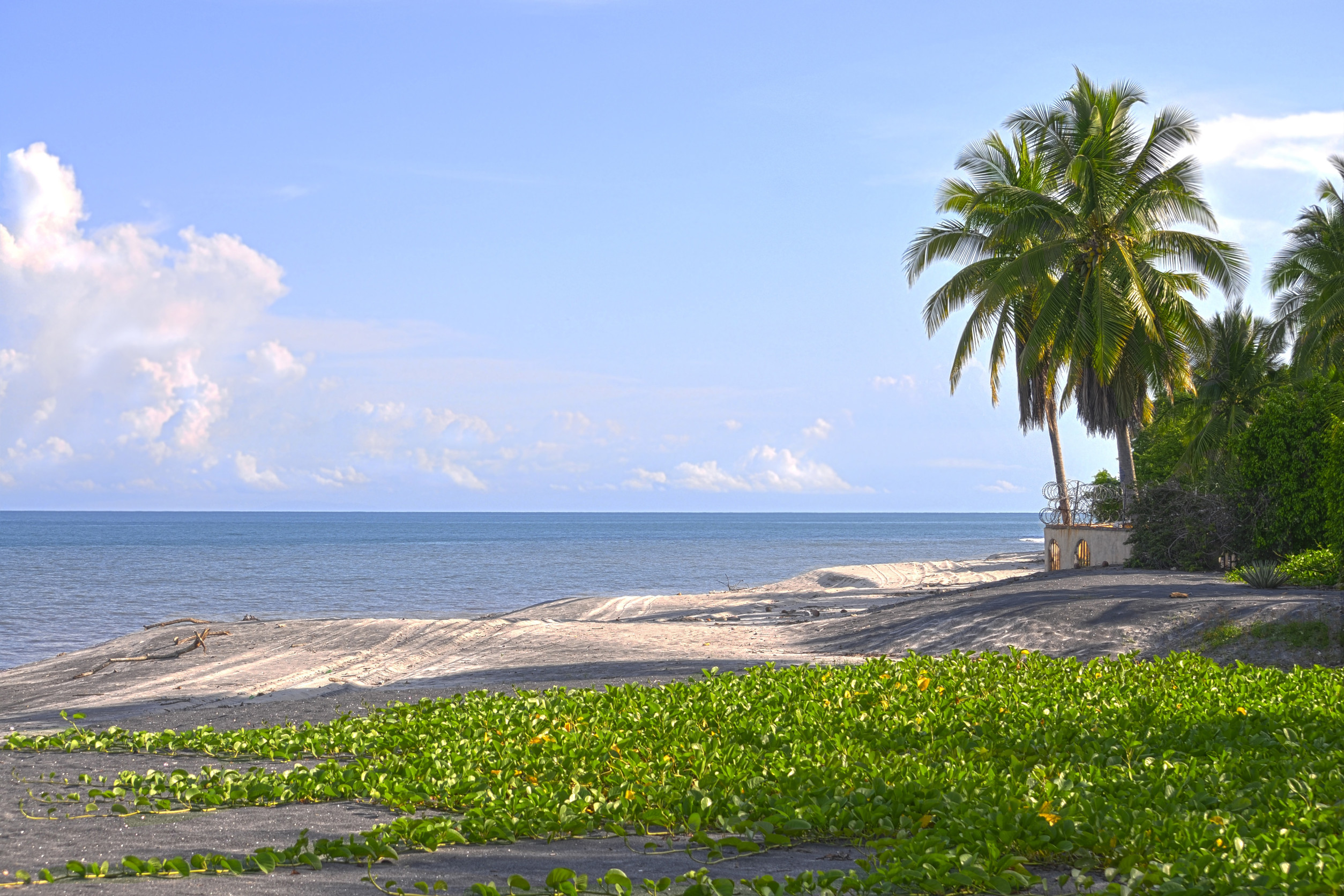Panama is among the 25 most megadiverse countries in the world. It is home to big cats like jaguars and ocelots, 6 distinct monkey species like capuchins, myriad marine and bird life, and many kinds of sloth like the pygmy sloth, who is endangered. Its mystifying array of creatures shoulders Panama with a lot of responsibility for maintaining our planet’s biodiversity. That’s exactly how the first lady of Panama, Congressman Juan Diego Vásquez Gutiérrez, and biologist Callie Veelenturf saw it.
Since 2020, Veelenturf, the Earth Law Center, Vásquez and his advisors have developed and proposed that the rights of nature to “exist, persist and regenerate” be legally recognized. In late Feb. 2022, all their work was rewarded when Panama’s President Laurentino Cortizo signed the Rights of Nature into the country’s laws.
The Rights of Nature
- Acknowledges Nature’s rights to exist, persist, and regenerate life cycles.
- Requires the state and all individuals, citizens and non-citizens alike, to respect nature.
- Guarantees Nature representation to have its interests fought for in a court of law.
- Creates a framework that improves the legal and judicial means, resources, and arguments available to environmental lawyers and activists.
- Changes the official Panamanian relationship with Nature from one of superiority and otherness to one of interconnection and interdependence.
- Removes anthrocentric assumption, creating legal principles such as in dubio pro natura, meaning “when in doubt, side with Nature.”
- Establishes that the world view and ancestral knowledge of Indigenous peoples must be an integral part of interpreting and applying the Rights of Nature.
- Furthers Panama’s defenses against the climate crisis.
“A shot heard around the world”
Any decisions or actions by the state, individuals, or companies will now have to contend with the Panamanian legal system before taking any action that affects Nature. This new legal framework will necessitate changes to Panama’s land management and energy policies, as Nature is now a party that requires representation in many matters. The next step will be legal action and changes made to ensure that current companies or state entities are in line with the law.
Panama joins a handful of other countries who have enacted similar legislation, such as Bolivia, Ecuador, Uganda, and Chile. Other countries are working to join the movement as well.
The public will also be educated on their new power and duty to defend Nature. This will make it easier for people to bring cases against corporations and countries to defend rivers, forests, animals, wetlands, and oceans.
Want more inspiration on Conservation? Read these next:










